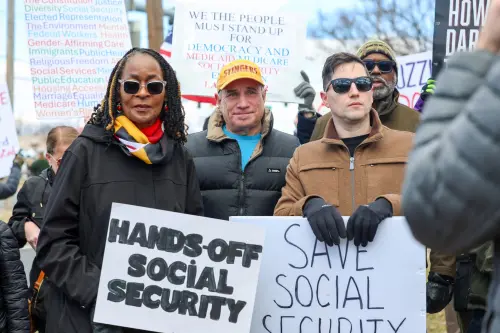

1:00 pm EST - 2:30 pm EST
Past Event
1:00 pm - 2:30 pm EST
1775 Massachusetts Ave., NW
Washington, DC
President Obama’s State of the Union address came at a critical time for his administration and for the country. A panel of Brookings experts discussed the political and policy implications of the speech, including:
Overall, the president’s speech described a nation facing urgent policy questions. While economic conditions are improving, one in ten workers still lack jobs; hostilities continue in Afghanistan and Iraq; the passage of health care reform legislation has been called into question; and transnational threats such as climate change and nuclear proliferation demand American leadership.
On January 28, Brookings hosted a discussion of President Obama’s first State of the Union and its impact on the policy agenda. Participants included Kemal Derviş, Brookings vice president and director of the Global Economy and Development program; Karen Dynan, Brookings vice president and co-director of the Economic Studies program; Martin Indyk, vice president and director of the Foreign Policy program; and Rob Puentes, senior fellow in the Metropolitan Policy program. Senior Fellow Thomas Mann led the discussion.


Elena Patel, Aastha Rajan
April 2, 2025

Elaine Kamarck
March 26, 2025

Darrell M. West
March 18, 2025